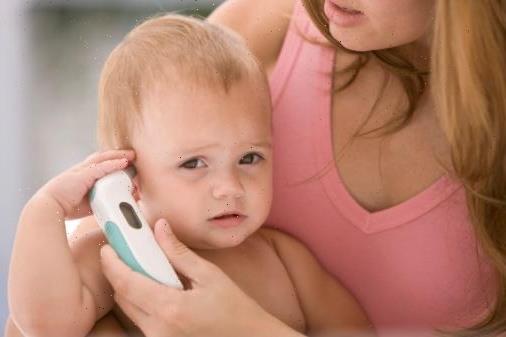ONLY half of babies with meningitis show tell-tale signs like a fever leaving doctors more likely to "misdiagnose" the condition, a charity has warned.
For decades a fever has been the trigger for further investigation of a potential infection but new research suggests meningitis should not be dismissed so soon.
Experts from St George's, University of London, found the classic symptoms of bacterial meningitis are uncommon in babies younger than three months.
Study author Professor Paul Heath said: "The classic features of meningitis were uncommon in many cases.
"The symptoms displayed by young infants when they are seen by doctors at first in hospital are often non-specific and only half of cases showed signs of a fever.
"Guidelines focusing on serious infections in children – including meningitis – have been introduced in the UK and the USA but all specify fever as a key feature of infection.
"Unfortunately, neither the rates of bacterial meningitis in babies, nor the numbers of deaths, has changed since the 1980s.
"Clinicians must, therefore, still consider bacterial meningitis in the diagnosis of an unwell infant that doesn’t present with fever."
Symptoms of meningitis usually include a fever, vomiting, a headache, a blotchy rash that doesn’t fade when a glass is rolled over it, stiffness in the neck, sensitivity to bright lights, drowsiness, cold hands and feet, seizures.
The study, funded by the Meningitis Research Foundation (MRF), looked at 263 infant patients in the UK and Ireland.
It found that a fever – a temperature higher than 38C – was only reported in 54 per cent of cases.
Other common symptoms were also only reported in a small number of cases.
Only 28 per cent of patients suffered seizures, 22 per cent had bulging in the fontanelle or soft spot and only three per cent had stiffness in the neck.
In the UK babies under three months are 70 per cent more likely to get bacterial meningitis than adults, with newborns being the highest risk group.
Source: Read Full Article



